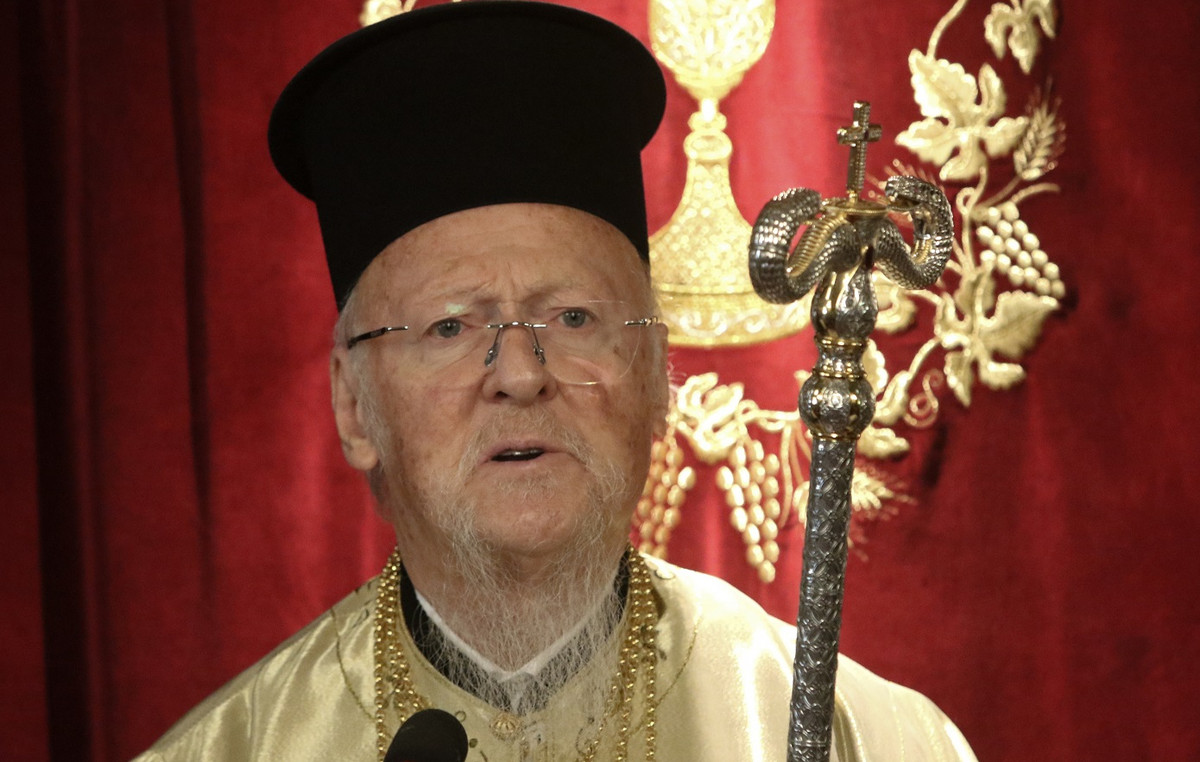Viruses are microorganisms with relatively simple structures, basically composed of proteins and genetic information. This characteristic makes them have a high mutation capacity.
This is what happens with SARS-CoV-2, which has already unfolded into hundreds of different lineages. One of them is the Ômicron variant, identified in November 2021, and which has spread rapidly around the world.
Since then, laboratories and pharmaceutical companies have mobilized to evaluate how to develop vaccines capable of reducing the high contagion of the variant. None of the immunizer updates are ready yet, but every day we seem to be getting closer to them.
See how the vaccines are updated from the main laboratories that work in immunizations, according to Ômicron:
pfizer
the pharmaceutical Pfizer and BioNTech began the clinical study of a vaccine candidate specific to the Ômicron variant on January 25th.
In the trial, characteristics such as efficacy, safety and ability to induce an immune response in adult volunteers aged 18 to 55 years are evaluated. The studies are expected to be completed in March.
The researchers evaluate different regimens of both the current vaccine and the specific vaccine for Ômicron. For this, 1,420 volunteers were divided into three groups:
- 615 people vaccinated with two doses of the current vaccine, at least 90 days ago, who will receive one or two doses of the new formulation
- 600 people vaccinated with three doses of the current vaccine, for at least 90 days, who will receive a dose of the new vaccine
- 200 unvaccinated people, who will receive three doses of the specific vaccine for Ômicron
Three doses of Pfizer’s current vaccine are capable of inducing the formation of neutralizing antibodies against Ômicron. The information, released by Pfizer in December, is in line with the findings of two recent studies.
Data published in the journal Science includes data reads from serum samples from 51 vaccinated individuals who received two or three doses of the vaccine, as well as a study evaluating the antibody neutralizing potential of individuals vaccinated against the virus.
Another study, from the University of Texas, in the United States, expanded the evidence of Pfizer’s neutralization against Omicron. Serum samples taken one month after the third dose showed a 22-fold increase in neutralizing antibodies to Omicron, compared to levels identified before the third dose.
The findings suggest that more robust protection against the new variant can be achieved with the current primary vaccine schedule (two doses) plus a booster dose.
Modern
On the 26th of January, the modern pharmaceutical initiated phase 2 of the study of a specific vaccine for Ômicron. With the objective of evaluating the same criteria of safety, efficacy and immune response, the trial will have the participation of about 600 volunteers, divided into two groups.
One part includes individuals who previously received the two-dose primary regimen, with the second dose at least six months ago. In the other group are people who received the primary regimen of two doses and a booster dose, the last application being at least three months ago.
On February 4, preliminary results of a pre-clinical, animal-based study of the two Moderna vaccine formulations were published.
In the trial, eight rhesus monkeys received two doses of the vaccine. In a second moment, the animals were divided into two groups. While the first was vaccinated with the third dose of the current immunizer, the second received the specific vaccine for the variant.
For comparison, the scientists then assessed the amount of neutralizing antibodies present in the serum samples from the two groups. The analysis revealed that primates immunized with the current dose of Moderna had a higher amount of antibodies compared to those vaccinated with the new formulation.
Two weeks after the booster, antibody titers against a strain of virus circulating at the beginning of the pandemic rose to 5,360 with the current dose and to 2,980 with the new vaccine. In relation to the Ômicron variant, the titers identified in the same period had increases of 2,670 for the common dose and 1,930 for the specific vaccine for Ômicron.
Despite the findings, scientific evidence suggests that, like Pfizer, Moderna’s current Covid-19 vaccine is also capable of neutralizing Omicron.
A study published in the New England Journal of Medicine evaluated the production of neutralizing antibodies six months after the application of a booster dose. Although Omicron neutralization reduced 6.3-fold from the antibody peak identified on the 29th day after booster, levels remained detectable in all participants.
For comparison, when the antibodies were exposed to the circulating lineage at the beginning of the pandemic, which did not have as many mutations, the reduction was slightly smaller, 2.3-fold over the same period.
astraZeneca
THE astraZeneca announced on December 21 that it is working on the development of a specific vaccine for Ômicron in partnership with the University of Oxford. However, since the announcement, no details have been released about the number of participants, the profile of the clinical trial, and the deadline for completion of the trials.
THE CNN contacted AstraZeneca, which responded in a note that the current vaccine plays an important role in facing the pandemic.
“We have an effective vaccine that increases immune responses against all variants, including Ômicron,” the company said. “Our current priority is to work with health authorities to share the substantial body of evidence regarding the AstraZeneca Covid-19 vaccine as a third-dose booster.”
Preliminary results from another study, published in December, showed that the third dose of the current AstraZeneca vaccine significantly increases the levels of neutralizing antibodies against the Ômicron variant.
Serum samples from subjects collected one month after the booster dose neutralized the variant at levels similar to those observed for the neutralization of Alpha and Delta variants after the second dose.
In the study, blood samples from people infected with Covid-19 were analyzed with two profiles: vaccinated with two doses plus one booster and who had previous infection with other variants of concern. The research evaluated samples from 41 subjects who received three doses of AstraZeneca.
coronavac
Sinovac, producer of the vaccine coronavac in China, it is also studying a new version of the immunizing agent against Ômicron.
The first step in updating the vaccine is isolating the coronavirus variant and doing a neutralizing antibody test. Afterwards, evaluations and clinical studies will be carried out in different age groups. The forecast is that the research, which began in December, will be completed in three months.
A study published in the scientific journal Nature showed that the booster dose of the vaccine produced in Brazil by the Butantan Institute induces an immune response against Ômicron in 95% of those vaccinated. The boost also increased the variant’s neutralizing ability by activating memory cells that produce antibodies.
In the research, carried out in China, blood samples were collected from 60 volunteers who received the three doses of the vaccine. The scientists evaluated the amount of neutralizing antibodies against the Omicron and Delta variants.
To evaluate the effects of the three doses of the vaccine, the researchers isolated in the laboratory different types of antibodies present in the samples collected. The proteins were able to recognize the virus and neutralize the Ômicron.
Janssen
In December, the Janssen pharmaceutical stated that “the company is pursuing a specific vaccine against the Ômicron variant and will progress it as necessary.”
Results of a study carried out in South Africa showed that the application of a booster dose of the Janssen vaccine, originally adopted as a single-dose regimen, reduces the risk of hospitalization in patients infected with the Ômicron variant.
In the research, scientists evaluated the effectiveness of the booster dose in more than 227,000 health professionals in the African country. The booster was offered six to nine months after the first immunization.
Efficacy was estimated by comparing data from just over 69,000 professionals with information from unvaccinated individuals. The effectiveness in preventing hospitalizations increased over time: from 63% (from 0 to 13 days), to 84% (from 14 to 27 days), reaching 85% (from 1 to 2 months) after application.
Source: CNN Brasil







